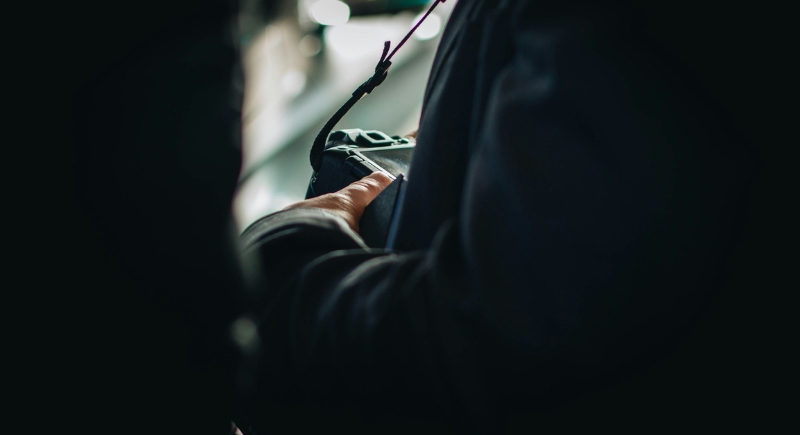Steps You Can Take to Lower Lawsuit Risks After a Car Accident
A car accident can be stressful enough without the added worry of a potential lawsuit. The damage to your vehicle, the medical bills, and the insurance headaches are already enough to deal with. But what if you also find yourself facing time in court? It’s a nightmare, but there are steps you can take right after the accident to reduce the risk of that nightmare turning into a reality.
The Critical Window: Immediate Actions at the Scene

Image via FreePik/Drazen Zigic
The moment after a car accident is crucial. It’s easy to feel overwhelmed and want to get out of the situation as quickly as possible, but gathering evidence at the scene can make all the difference.
First, get the other driver’s information: their name, contact details, and insurance information. But don’t stop there. Take as many photos as you can.
Snap pictures of your car, their car, the road conditions, and any damages. If there are any witnesses around, collect their contact details too. This evidence could be key if a lawsuit arises later, since it provides a clear, objective record of what happened.
Even if the accident seems minor, it’s always a good idea to call the police. A police report can be incredibly valuable if a lawsuit comes your way. The report will document the facts of the incident, and in some cases, an officer might even determine fault at the scene. Having this official record can be critical in protecting yourself from a lawsuit later, especially if the other party tries to twist the facts.
Protecting Your Position
In the heat of the moment, it’s easy to feel guilty or try to smooth things over by apologizing or admitting fault. Resist that urge. Even if you feel partly responsible, don’t say anything that could be used as an admission of liability. The truth is, many accidents involve shared fault, and acknowledging it at the scene can complicate your defense later.
Let the insurance companies and police determine who was at fault based on the evidence. Your words at the scene can impact the direction of the entire case, so stay cautious and keep the conversation neutral.
Also, in today’s digital age, someone could use your social media activity against you in a lawsuit. Insurance companies and defense lawyers often comb through social media posts for anything that can discredit your claim.
A simple photo of you having fun at an event or engaging in activities could be twisted to argue that you’re not as injured as you claim. So, take a break from posting and set your profiles to private.
The Power of Professionals

Image via Unsplash/Kamil Switalski
One of the most important things to do right after an accident is to contact your insurance company. The longer you wait, the more complicated things can get. Reporting the accident immediately ensures that the details are on record, and your insurance company will guide you through the process.
They will also provide legal defense if the situation escalates into a lawsuit. But it’s crucial to be honest when speaking to your insurer. If they uncover any inconsistencies later, it could jeopardize your coverage or defense.
If you’ve been injured, it is crucial to follow your doctor’s treatment plan for both your recovery and legal protection. Skipping appointments or failing to follow through on medical recommendations could be used to argue that your injuries are not as severe as you claim.
Legal and Financial Safeguards
It’s tempting to settle quickly or sign paperwork from the insurance company or the other party involved, but never do it without first consulting a lawyer, preferably one specializing in personal injury defense. Many documents contain fine print that could waive your rights or bind you to an agreement that doesn’t benefit you.
Each state has a statute of limitations, which is the time frame within which you can sue after an accident. This period can range from two to six years, depending on where you live, so it’s essential to act quickly with the assumption that a lawsuit might happen. Waiting too long to file a claim could limit your ability to seek compensation.
Speaking of compensation, it’s critical to understand your insurance coverage. Auto insurance is meant to protect you, but it’s only useful if you have enough coverage. If the damages surpass it, you could be personally liable for the remaining amount.
For peace of mind, consider an umbrella insurance policy. This kicks in once your car insurance policy limits are exhausted.
Final Thoughts
While it’s always best to avoid an accident in the first place, knowing how to protect yourself legally after one happens is just as important. By gathering evidence, reporting the accident promptly, being cautious about your communication, and following through with medical treatment, you can better protect yourself from a potential lawsuit. If you do end up being sued, having the right legal protections in place will make all the difference in ensuring that you come out on top.